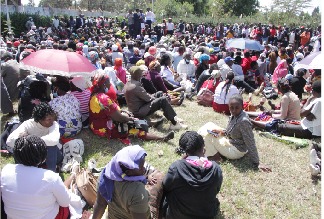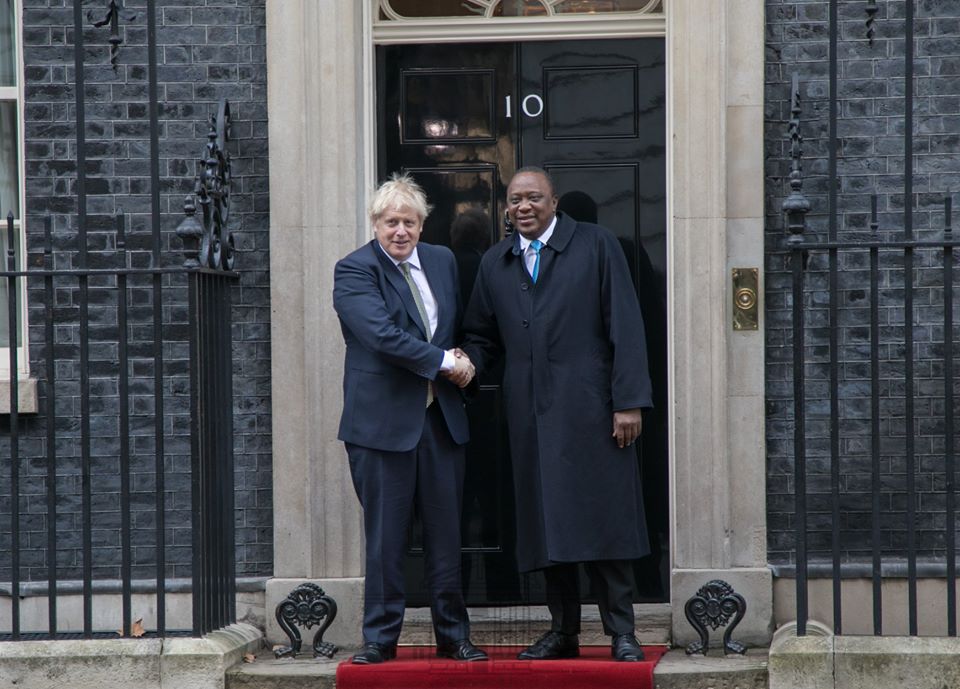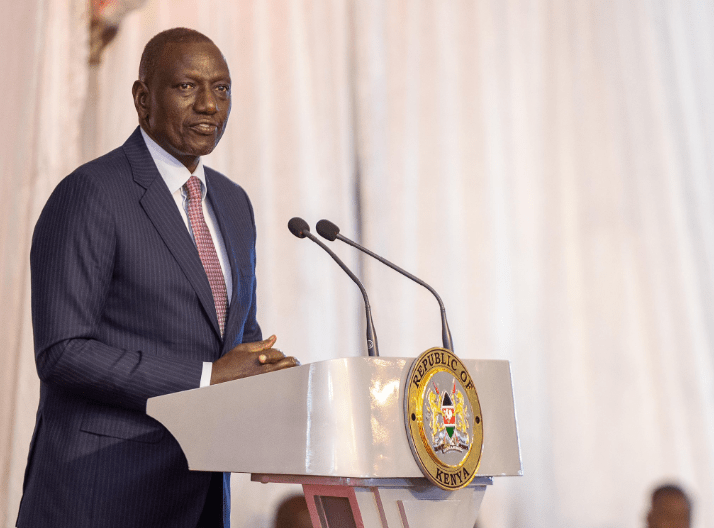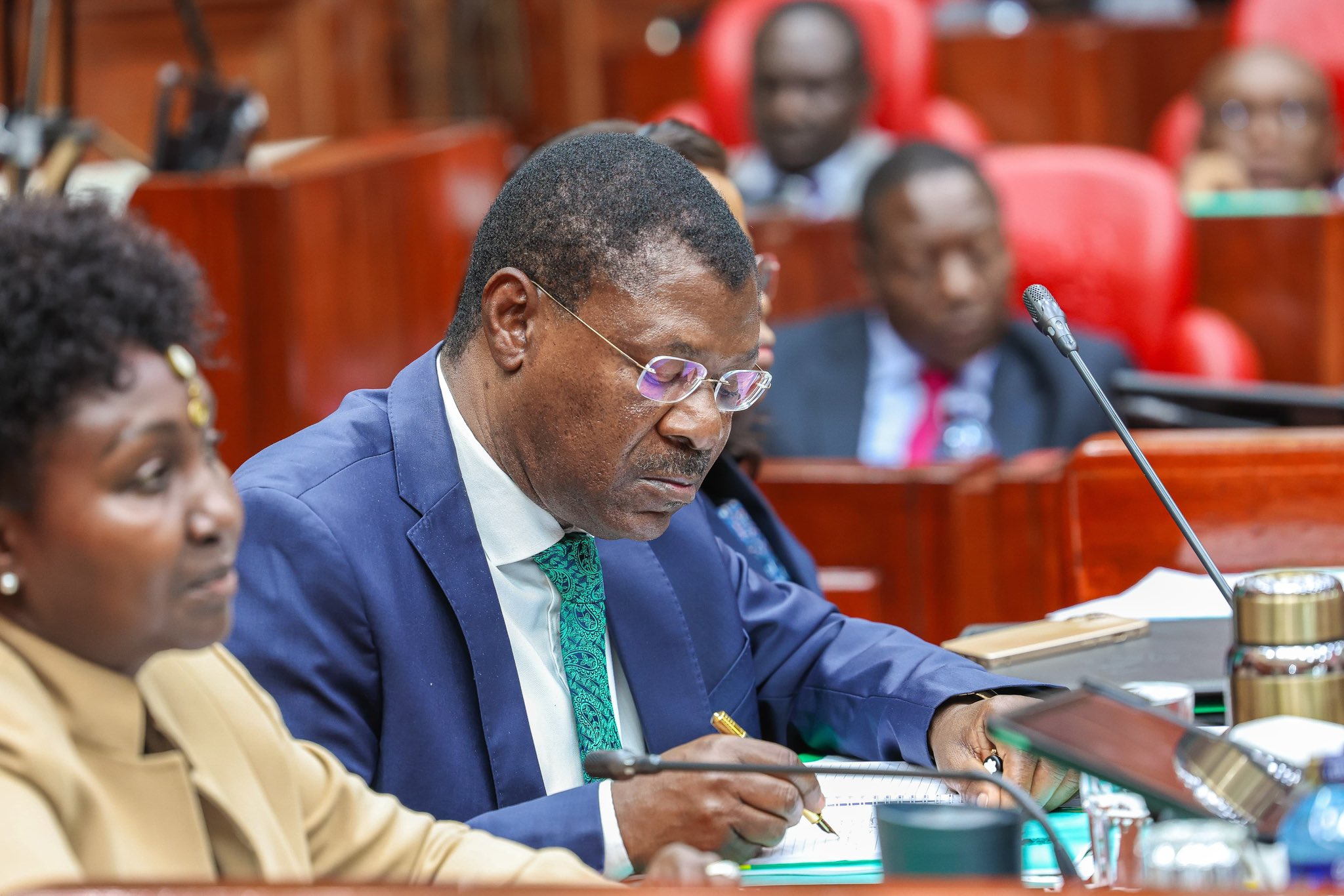The bigger picture in Kenyans’ litigations against UK
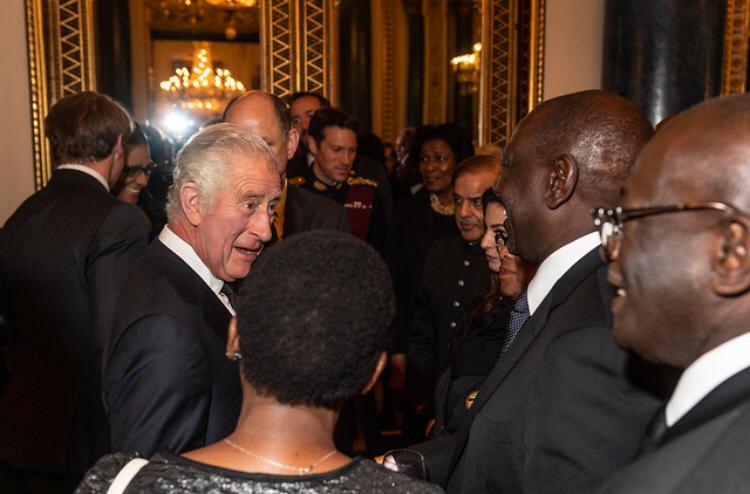
The passing of Queen Elizabeth II was received with mixed feelings in Africa. It all has to do with slavery and colonialism.
According to the Royal Museums Greenwich, British and British colonial ships purchased an estimated 3,415,500 Africans between 1662 and 1807. Of this number, 2,964,800 survived the ‘middle passage’ and were sold into slavery in the Americas. This UK public body admits that the transatlantic slave trade was the largest forced migration in human history and completely changed Africa.
To the current generation of Africans, however, the slave trade sounds like an ancient phenomenon. What strikes a chord closer home is colonialism, which had equally devastating consequences and its effects are still being felt today across the continent. Kenya has decided to take matters in its own hands and is leading the fight for reparations by the British for the atrocities they committed during colonial rule in the country.
These groundbreaking cases were the first time in British history that victims of colonialism were given the right to claim compensation from the British government for the abuse and suffering they had endured. In mid-2013, the government agreed to pay £19.9 million in compensation to over 5,000 claimants who had suffered abuse during the “Mau Mau” rebellion.
In the recent case file in August, a group of Kenyan farmers have taken their case against the British government to the European Court of Human Rights. They are seeking an investigation and eventual compensation for land stolen under colonial rule. Similarly, the litigants in this case hail from the Rift Valley region, which is the birthplace of the new President William Ruto.
Their case is valid. According to the United Nations, more than half a million Kenyans from the Kericho County suffered gross violations of human rights, including unlawful killings and displacement, during British colonial rule, which ended in 1963.
While it is possible to see the two cases as having tacit support of the government in power, it does not negate the fact that the British now need to face the consequences of the scorched earth social and economic policy in Africa. True, Europeans and the British in particular colonized many countries around the world, including the United States. But the damage seems to have been more in the African continent than elsewhere.
Anyway, these cases have brought out a bigger debate. British imperialism in Africa entailed complete subjugation of the people. For yet inexplicable reasons, the colonialists were hell bent on destroying the culture, customs and traditions of their African subjects. This has led to disorientation of the African people and many are still trying to rediscover their identity.
Indeed, one cannot quantify the damage to the people’s self-esteem and self-identity, which is akin to killing their essence. Once this is gone, it kills the people’s vision and leaves them rather rudderless. This is what African development experts blame for underdevelopment of the continent amid the fact that it is one of the resource richest continents.
So far, there is no indication that the British have undertaken any soul searching for the sins of their forefathers. It has been business as usual for the erstwhile colonizer, with no sense of remorse or guilt. In fact, the British have doubled down on their oppressive and racial ways against Africans. For instance, the litigants in the Kericho County case contend that there is still no respite as some of the world’s most prosperous tea companies, predominantly British, still occupy and farm these lands and continue to use them to generate considerable profits.
It might take a little bit longer before history catches up with the British. As the Kenyan lawyer representing the Kericho litigants noted, “the British government has rarely apologized or offered redress for crimes committed by its colonial forces.
— The writer is a PhD student in International Relations.
